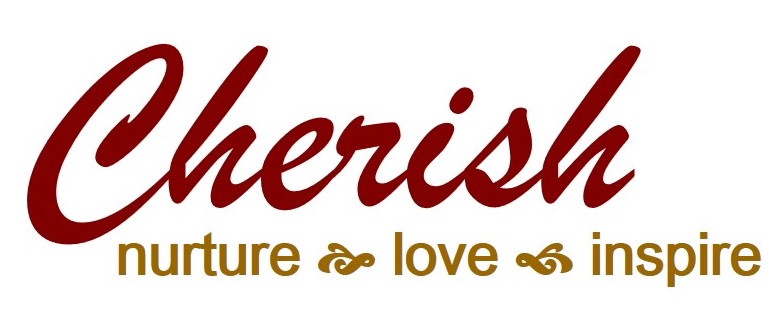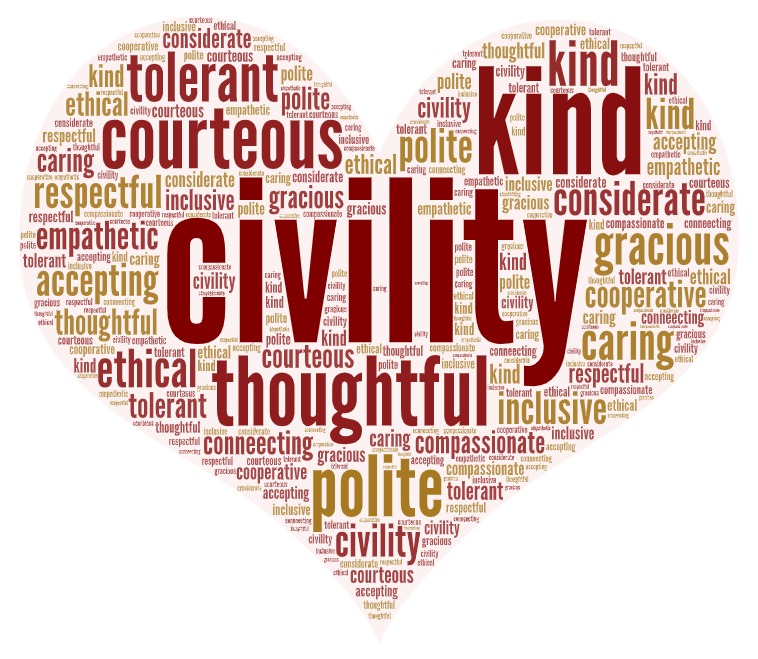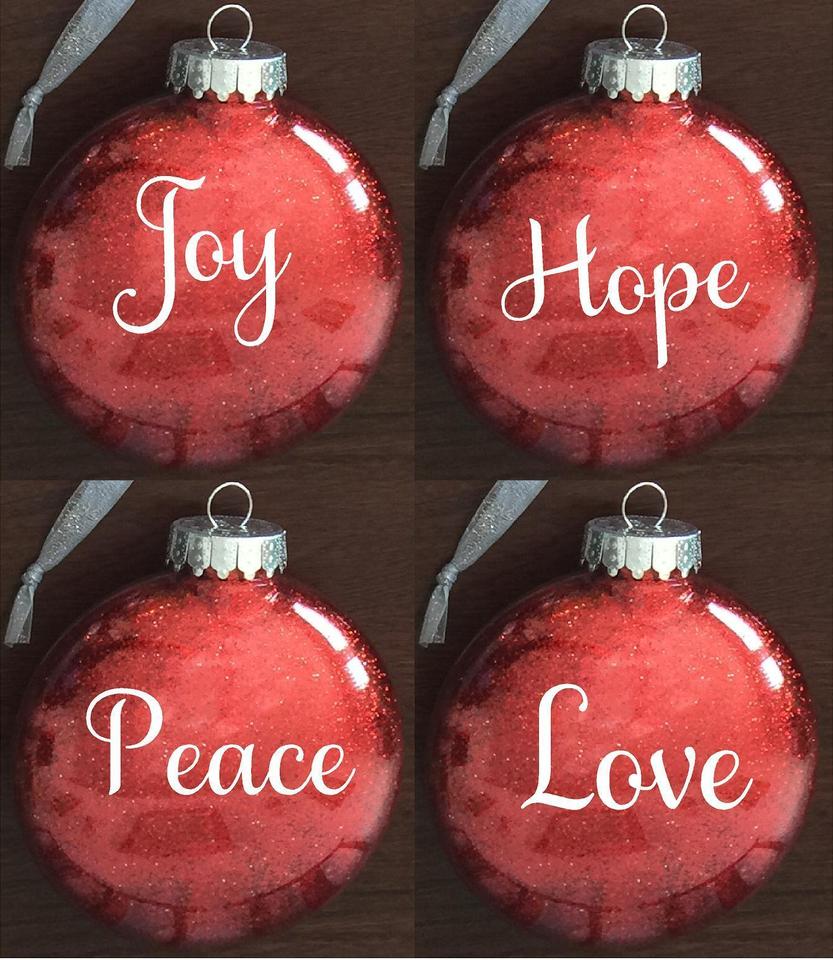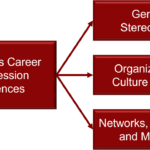
by Kathleen Johnston | May 7, 2021 | Uncategorized
Acknowledging Mental Health Week May 3 – 9, 2021
The incredible state of uncertainty foisted on us by the Covid Pandemic is taking an enormous toll on our mental health. In a 2020 worldwide survey, Gallup Research found that roughly seven in 10 people are struggling or suffering in their lives.
To begin, I invite you to take a few minutes to check your current Stress Index using this Canadian Mental Health tool https://cmha.ca/whats-your-stress-index The purpose of the tool and this article is not to increase your worry but rather to provide strategies for mitigating ongoing distress.
Every individual needs an optimum level of stress to enhance performance. Both too little and too much stress can be detrimental to a person’s health. Following the Stress Response being triggered in our brain we experience a “fight, flight or freeze” reaction. In the ideal situation our body quickly returns to a fully relaxed state after that arousal.
However, when a state of “chronic stress” goes on for weeks or months, the normal functions of our body’s systems are inhibited, with the buildup of stress hormones Adrenalin and Cortisol contributing to mental and physical health issues.
The good news is that chronic stress overload is both preventable and reversible. And that requires consistent and intentional action on the part of the individual. Consider this quote from the Canadian Institute of Stress. “It is easier to act your way into a new way of feeling than to think your way into a new way of acting.”
I hope you will find some of the following action ideas helpful.
Practicing Acceptance
Not accepting the reality of what is, can keep you in a perpetual state of conflict with yourself. Life is too short to waste time trying to change what is simply not within your power to control. Determining “what matters most” and then acting about that can bring peace of mind, despite uncertainty. Give yourself permission to make peace with whatever it is you cannot change and apply that focused energy on what you do have the power to control.
Reducing News and Technology
Two realities in our current context are information overload and technology exhaustion. Judiciously choose what you are exposed to by limiting television news, internet surfing and use of email as a communication tool. Nearly 60% of e-mail content is misunderstood. If it is critical, try a phone conversation instead. And if you are spending several hours a day on Zoom or other platforms, build in time for calm and healthy distractions. Our brain cannot tell the difference between a threat that is real or perceived, so the stress response is being triggered by any or all these conditions every day, all day long.
Connecting With Others
The power of human contact cannot be underestimated. Research has shown that friendships ignite the part of the brain that makes us feel good and has also proven that friendship can extend life expectancy. Quality friendships help us deal with stress, make good choices, and rebound from setbacks. Friendships also reduce mental health problems like anxiety and depression. Despite the current Covid restrictions we must find ways to stay connected with our close friends and others we love. Regular phone calls and other ways to connect need to be built into our daily routines. I recently bought AirPods for easy conversations with friends or family while I'm walking – works great!
Nurturing Your Essence
Essence is the real and ultimate nature of the individual—the yearning of one's heart and soul. Being true to one’s essence brings meaning to our daily lives. The following list may be ways to nurture your essence. Add your own ideas to the list and then reflect on each item.
- Knowing what it is I am meant to do and be.
- Having a sense of belonging, caring and mattering.
- Realizing what brings me peace and joy.
- Finding my voice.
- Connecting to my vulnerability
- Being playful. Having FUN!
Controlling Perfectionism/Idealism/Drivenness Through Self-Awareness
I am a self-declared “workaholic on a healing journey” following burnout 20 years ago. The red words in the heading above could all have been used to describe me at that time. There is an interesting belief in the burnout literature – “You can’t burnout if you were never lit up in the first place.” It has taken years for me to learn to wake up and slow down.
What I understand now is that I must be persistent and consistent about implementing measures to guard my physical, mental, and spiritual wellbeing. Along with meditative walks in nature, one of my favourite tools, is regular therapeutic massage.
The following information comes from my very wise massage therapist Louise Gunn:
“When you are self-aware, you are totally focused on what is happening in that moment, not thinking about yesterday or tomorrow, not regretting or worrying about the future. Your breathing slows, your mind calms and your body relaxes. Practicing self-awareness is important because it helps us cope with negative emotions and feelings such as impatience, anxiety, anger, and fear, which in turn reduces stress. Massage is just one way to practice self-awareness – a slow walk in the woods, a hot bath, sitting quietly in daily meditation or yoga are also ways to connect with yourself.”
Louise Gunn is a Registered Massage Therapist. She works at Joral Hair Design and Massage in Edmonton. Hours and days are flexible. Rates range from $90 to $125 for 60 and 90-minute sessions. You can get in contact via call or text Louise at 780-906-4088.
There is only one of you on this earth; take respectful care of yourself.
Love Kathleen

by admin | Mar 8, 2021 | Uncategorized
Female connections are essential for women’s health and wellbeing. The research about how men and women respond differently to stress reminds us of this fact:
“Although “fight-or-flight” may characterize the primary physiological response to stress for both
males and females…behaviourally, females' responses are more marked by a pattern of
"tend-and-befriend." Tending involves nurturant activities designed to protect the self and
offspring that promote safety and reduce distress; befriending is the creation and maintenance
of social networks that may aid in this process."
Female friends provide comfort and support, prevent loneliness and help us face life's inevitable stressors. This article is about how female friendships have enriched my life and invites you to reflect on that as well.
I come from a large, close knit family of eight children. My parents had four boys and four girls over a 23-year period. My oldest brother and his wife had produced two babies before I was born. My younger sister and I were a couple of little after thoughts. The story told in the family was that I was a mistake, so Mom decided to get pregnant with my sister Helen to provide a playmate. Living on a farm and then in a tiny hamlet with a population of some 40 people and a few dogs, Helen and I were very grateful to have each other as playmates and friends.
We are quite different but really compatible. I am extraverted and was bossy as a kid, according to older siblings. Helen on the other hand is introverted and quiet. But our friendship and connection has remained strong throughout our lives. Our sister Karen, 9+ years older, was our main caregiver when we were kids and remains a beloved friend and mentor. Our oldest sister Shirley (deceased in 2004) was married when I was five. My fondest memories of her, in addition to teaching me the "facts of life," are superb baking skills, especially her glazed doughnuts.
Close female friends, including sisters, positively influence our day to day lives in so many ways. I have been fortunate to develop numerous deep and lasting female friendships over my lifetime. Many of those relationships began as work colleagues, later becoming cherished friends, and fortunately for me, remain in my life today.
Good friends empathetically support our experiences. They act as sounding boards for our ideas and opinions. They offer advice, even when we may not want to hear it but need to just the same. They tolerate our rants and validate our reasoning. In short, their acceptance and love are unconditional.
There are so many ways that women have been a support system for me that it would take more than this short article to describe how much they have enriched my life. I am truly grateful. There is something extraordinarily comforting about having a history with the special women in your life. There’s mutual trust and respect, non-judgment, and a strong sense of acceptance for who you are at your core, warts and all.
A feeling of being truly known by another is hard to describe, however its’ absence is profound and immediate.
As we celebrate International Women’s Day, March 8, 2021, I encourage you to reflect on your most cherished female friendships and the joy they have brought to your life.
Blessings and good health to each of you.
Love, Kathleen

by admin | Nov 1, 2020 | Uncategorized
Demonstrating civility means being thoughtful, courteous, polite and showing regard for others. I believe there has been a slow but significant reduction in civility over the past few years. It is almost as if rudeness is becoming the norm.
An example occurred about a week ago when my friend and I were out walking near my home. A woman came toward us and as she walked by snarled, “move over!” We were wearing masks, and on a path with lots of room. My friend and I agreed that while she could have been feeling “COVID cranky,” her tone was uncalled for, disrespectful, and left both of us feeling upset.
What happens in a culture when decency and respect for one another diminishes and incivility reigns in its place? Many people experiencing incivility respond in a negative way, and in some cases overtly retaliate. The number of hate incidents are on the rise, evident in daily newscasts. It has moved beyond unusual to commonplace. That is a frightening shift in our society.
In a Harvard Business Review article on the impact of incivility at work, a poll of 800 managers and employees in 17 industries, found that of workers who had been on the receiving end of incivility:
- 48% intentionally decreased their work effort.
- 47% intentionally decreased the time spent at work.
- 38% intentionally decreased the quality of their work.
- 80% lost work time worrying about the incident.
- 63% lost work time avoiding the offender.
- 66% said that their performance declined.
- 78% said that their commitment to the organization declined.
- 25% admitted to taking their frustration out on customers.
- 12% said that they left their job because of the uncivil treatment.
Incivility damages and undermines all relationships¾workplace, personal and community. A civil society combined with the stability of the state and the viability of the market, support the functioning of democratic societies.
The responsibility for ensuring this does not happen, comes down to the individual. What can I, indeed what must I do to help make a difference? My walking partner, a dear friend had these suggestions for how each one of us can actively practice the habit of being civil:
- Rise above the behaviour, consciously resist the temptation to respond in kind,
- Be empathetic; stand in the shoes of the other without judgment,
- Respect the need for individuals to feel safe in their world,
- Resist the expectation that I can change the behaviour of others,
- Remove myself from the setting where I feel uncomfortable,
- Role model being a consistent force for good, kindness and civility,
- Return non-love behaviour with grace and love.
The erosion of civility undermines democratic freedom. I do not want my grandchildren to inherit that kind of world .
Love, Kathleen

by admin | Jul 7, 2020 | Uncategorized
I often have clients express one of the goals for our work together to be an improvement in their self-confidence. That goal can be complex however, a good place to begin is an exploration of how connected the person is to their authentic self.
Understanding the ways in which self-confidence is built and maintained and how readily it can be undermined by experiences and relationships is another criterion. What we do and who we choose to be with, typically has a significant impact on our self-confidence.
Two things contribute directly to the development of self-confidence: 1. self-efficacy and 2. self-esteem. We gain self-efficacy by practicing and acquiring skills and competencies. As they are acquired, we receive feedback from others about our ability to perform. This evaluative feedback and our response to it, contributes to the internal belief system we create about ourselves.
Self-esteem is the value we place on who we believe we are. Our self-esteem is influenced by our acquired sense of self-efficacy and is continuously shaped by our lived experiences from early childhood, onward through our life journey.
Consider these few tips for building and maintaining your SELF-CONFIDENCE:
1. Contemplate Your Purpose, Philosophy and Principles. These three concepts provide a strong foundation for building and maintaining confidence. Take some time to reflect on your purpose. Ask yourself “What brings meaning to my life?” “What is most significant to me”? Consider the personal philosophy you hold about life; e.g. what ideals guide your most important choices? And finally, what principles provide you with stable guidelines for your daily behaviour? Write it all down: Purpose, Philosophy and Principles and periodically review it as a reminder of your goodness. You will be pleasantly surprised by the power of setting this kind of intention for living authentically.
2. Seek New Challenges. Learn New Skills. When was the last time you challenged yourself to learn something new? What project could you undertake to push you a bit and build a competency or two? It doesn't have to be big; it just needs to stretch you. For example, being an effective communicator is a proven method for building and maintaining self-confidence. Consider whether you need to practice being assertive, learn public speaking skills or take a course on how to effectively resolve conflict.
3. Stifle Your Inner Critic. A critical inner voice exists to varying degrees in every person, often undermining the ability to interpret events realistically, which in turn undermines self-confidence. While we may have some awareness of our inner critic, many of our negative thoughts exist at an unconscious level. It is important to begin by paying attention to that nasty little voice in your head. What exactly is the gremlin saying to you? Write it down. Then trash that inner voice, countering it with what you know to be true. Do some research with friends and loved ones whose opinion you respect. Ask them how they perceive you. What do they see as your strengths? Arm yourself with those truths to counter the inner critic.
4. Examine Your Brand. Your personal brand is how others perceive being in relationship with you. What is your style? What standards do you adhere to? What is the impact of your energy on those around you? Are you engaging exciting, funny, intelligent? Are you shy with a wonderful dry sense of humour? Someone who never ceases to surprise others with her wit. Never underestimate the power of your brand for building and maintaining confidence. Be intentional about yours.
We undermine our self-confidence when we do not engage in personal growth and development. When we do not set clear intentions for ourselves, and when we allow worrying what others think to influence our choices.
We enhance our self-confidence by being purposeful, holding fast to our philosophy and principles and living each day as authentically as possible.
May your feelings of confidence be abundant,
Kathleen

by admin | Apr 3, 2020 | Uncategorized
Humans have psychological needs which when left unmet can lead to extreme distress. Some of the most important are: a sense of safety and control, being connected to others and a feeling of knowing or certainty.
People react differently to uncertainty. Some have a much higher tolerance than others and those with a low tolerance are typically less resilient. They can more easily and more quickly feel down. This in turn may lead to high levels of anxiety or trigger other mental health issues.
Whenever we feel threatened or face uncertainty the stress response is automatically triggered in our brain. This occurs regardless of whether the threat is real or perceived. Our brain can't tell the difference.
To say we are living in uncertain times is a gross understatement, not to mention the speed at which we've been thrust into these unprecedented circumstances.
This article presents a few ideas for mitigating our current predicament and coping with what lies ahead.
1. Connect with those you care about:
Yes, we must keep a safe physical distance from one another during this pandemic, however, psychologically we need to be connected and we need social interaction. It's critical for our mental health. Thanks to the internet and other devices we can do this in many ways. Reach out to others for your own and their well-being.
I've Face-Timed, Skyped, Zoomed and talked on the phone with family, friends and clients in the past few weeks. Some of those methods ensure that I get out of my pj's and comb my hair which is a good thing.
2. Practice Letting Go:
There is an inverse relationship between stress and control. The less one feels in control, the higher the brain perceives threat and continues to call on the stress response to help one survive. We also know that the mind can trick us. In times like we're facing, it's imperative we learn how to "let go" when the threat is more perceived than real.
Letting go is a significant strength. It is also a learned strategy. One of the best practices you can start doing, or do more regularly, is mindfulness meditation. Learning to be mindful is not magic; anyone can do it. And there are wonderful tools to help.
I recommend the Insight Timer app which can be downloaded on your phone. It has hundreds of choices, for beginners to advanced. You can find music or guided meditations from 6 mins. to two hours, all designed to help you let go of distress.
Recently I listened to a wonderful 30 minute piano meditation. In my calm state afterwards I practiced my crokinole skills and sunk four discs for 20 points each! I have to practice so my 5 year old granddaughter doesn't always win!
3. Consistently Spend Time In Nature:
Research has shown that sitting or walking in natural settings has both physical and mental benefits. Being in or viewing natural scenes increases pleasant feelings and reduces fear and anger. Physically it curtails the production of stress hormones, reducing blood pressure, heart rate and easing muscle tension.
One study showed that when participants viewed nature scenes, the parts of the brain associated with empathy and love lit up. No question we can all benefit from more empathy and love in these trying times.
We can choose to walk in parks and green spaces while maintaining appropriate physical distancing. We can also select nature shows and documentaries with gorgeous relaxing natural scenes versus being overloaded by distressing commentaries and news updates. We're being advised to limit those to a short time period, once per day.
4. Ask For What You Need & Give What You Can:
Our daily lives have been turned upside down, but this is NOT the time to be shy or reticent about asking for help if there's something you need, or for offering help to others.
Despite the relentless barrage of sordid statistics to keep us current on the impact of the pandemic, there are also hundreds of stories of how people are helping and making sacrifices for the common good. Tune into those stories to lift your Spirit and learn how people can come together to make our world a better place.
A sultan requested of King Solomon a sentence that would always be true in good times or bad.
Solomon responds, "This too will pass away."
Love & Light to Each of You, Kathleen

by admin | Dec 6, 2019 | Uncategorized
I was raised in a large farm family in Saskatchewan. My mother loved Christmas and always made it a very special family time. One of my fondest memories as a child is each of us getting dressed in our best outfit, then lining up oldest to youngest and walking down the stairs to the dining room where a beautiful Christmas tree stood with its’ treasures beneath it. It was both a solemn and joyful occasion.
Christmas was also a cause for celebration in the tiny hamlet close to our farm, with the whole community attending the special events. Church services, concerts, special gatherings, and outdoor skating or sledding despite the cold!
While we still enjoy some of those things today, most people now live in an urbanized environment. And whether we like it or not, we’re faced with Santa’s in every mall, noisy hustling and bustling, long line-ups in stores, and the consumer frenzy of buying “things” for the people in our lives.
So, have we lost the true meaning of Christmas – the celebration of Hope, Love, Peace and Joy?
I think not. However, during this season, let's take time to remind ourselves of the many ways in which our lives are blessed rather than stressed! Here are a few tips and practices for relaxing and enjoying this wonderful time of the year:
1. Apply the K.I.S.S. principle:
Keep It Super Simple throughout the holiday season. Apply this rule to everything – gifts, events and entertainment. Stock up your pantry, fridge and freezer with ready to serve snacks and goodies. Give yourself the gift of time to relax with people you care about, have great conversations and lots of fun.
2. Create a food plan:
If you are hosting guests and meals or parties, create detailed menus listing every item you plan to serve. Then use this detailed menu to create your grocery list – reducing the chance of not having an item in the middle of preparing an important meal.
3. Identify and avoid all energy drainers:
There are people, situations and activities that regularly sap our energy. Energy drainers can be hard to identify, especially if you've lived with them for years. They might even feel normal. Take some time to re-consider commitments and plans. And as much as you can, eliminate or avoid what depletes you.
4. Ask for support:
If you are the host/hostess this year, be sure to ask people to contribute. It not only lessens the workload; it helps people feel like an important part of the festivities.
5. Practice mindfulness:
The hectic pace of daily life often deprives us of appreciating what's happening in the moment and counting our blessings. Mindfulness is the art of being in the moment; the non-judgmental awareness created by simply paying attention.
I hope the Spirit of Peace, Love, Joy, and Hope surround you and your loved ones this Christmas.










